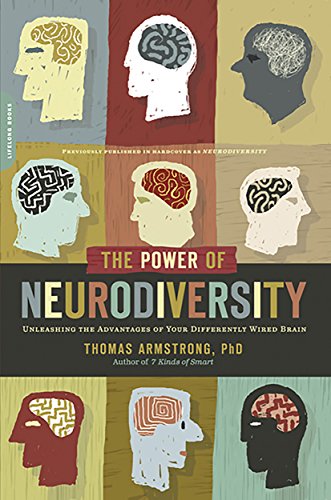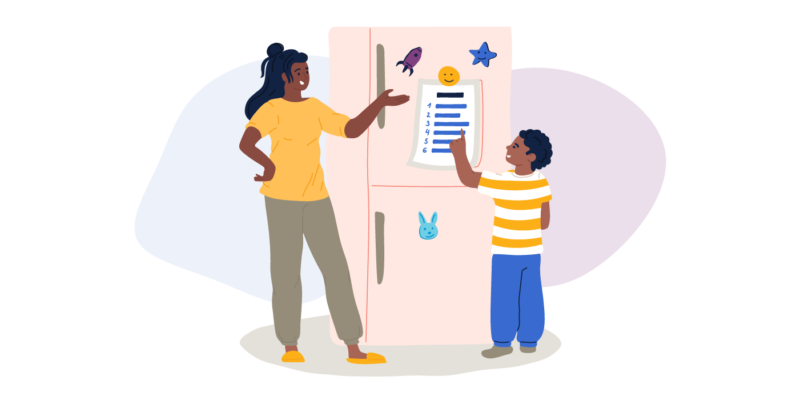
Adult ADHD: Tips and Tools to Improve Your Memory
If you have ADHD, you may struggle to stay focused during conversations. Retaining information given auditorily is difficult for everyone, but especially difficult for someone with ADHD. To help adults with ADHD pay attention and retain information from conversations or Read more >>











